This story was originally published by Mother Jones and appears here as part of the Climate Desk collaboration.
After an epic summer of hurricanes, heat waves, floods, and fire, climate change has never seemed more alarmingly real, at least to the roughly one in three Americans directly affected by it. By early July, we already had eight climate-related disasters with economic losses of $1 billion or more, together claiming at least 331 lives.
Mark van Baal saw this all coming. A one-time seller of refrigeration systems in Europe, he became a journalist because he was “fed up with not doing something socially responsible.” Inspired by Al Gore’s An Inconvenient Truth, he zeroed in on climate change and came to see the fossil fuel industry as a key culprit. But after 10 years of journalism, he was frustrated by the limitations of writing about the need for change. “I came to the conclusion that Shell does not listen to journalists, nor to activist groups, nor to governments,” van Baal wrote. “The only ones who can convince Shell to choose another course are its shareholders.” So he shifted from journalism to advocacy.

The 20 largest firms, responsible for one-third of all carbon emissions — and decades of denialist propaganda — have long resisted efforts to overhaul their business. Reasoning that the success of the Paris Agreement hinges on the compliance of Big Oil, van Baal set out to force that compliance. In 2015, he started Follow This, an organization that orchestrates shareholder rebellions against publicly held fossil-fuel companies in the hope of bringing recalcitrant executives to heel.
Here’s how it works: van Baal’s organization facilitates small purchases of stock in a given oil company by individual investors. Once those investors accumulate enough shares (for Shell, the minimum was five million euros worth), they gain the ability to introduce a resolution to the board of directors, which Follow This does on their behalf. The resolutions demand that companies pledge to make their operations compatible with the Paris Agreement. This forces the board to take a formal position on the matter and requires voting shareholders to make an active choice.
The group’s first target, in 2016, was Shell, where only three per cent of whose shareholders supported its climate-friendly resolution. (CEO Ben van Beurden had advised them to vote against.) When the resolution was reintroduced a year later, the vote tally in favour rose to six per cent, and seven per cent abstained — a signal, van Baal says, that they disagreed with the board. That same year, Shell announced it would cut its emissions in half by 2050. The company didn’t promise any immediate action, van Baal points out, but its announcement signalled a shift in the conversation.
Today, Follow This boasts thousands of “green shareholders” who have introduced shareholder resolutions to squeeze the leaders of 12 different oil and gas companies. As a result, the group reports, Shell, Equinor, and BP all have set climate targets, and climate resolutions have received majority votes at ConocoPhillips, Phillips66, and Chevron. So I reached out to van Baal to ask what the changes will mean for Big Oil. His responses have been edited for length and clarity.
Talk a bit about the progress of your organization.
Yeah, we are now representing almost 8,000 green shareholders who all share our conviction that we need the oil industry to change to have any chance to stop climate change, to achieve the Paris goals. We use the ownership in these companies to make them change course. We think this is crucial because, at the end of the day, the shareholders are the only entity these companies have to listen to. Most oil companies are more powerful than most (other) companies and most countries.
Why was this kind of tactic needed?
We need to persuade the boardroom, and they’re not going to change on their own accord. When I started Follow This, and even when I was a journalist, I sometimes dreamt that a major CEO would have an epiphany. These people live in the same world as we do. And they must also see that the only way to protect supply chains is to dramatically change their business. So I sometimes pictured a CEO with an emotional debate with one of his children and a sleepless night and then he would see the light.
But that’s not going to happen. These people are so completely entrenched in their historic business model, which is basically turning hydrocarbons into Petrodollars. They’ve dedicated their career to this simple model of getting oil out of the ground to refine it and sell it. So they can’t imagine another world. But luckily, investors can. If the climate crisis turns into climate disaster, they know that their billions are at risk. So it’s really risk management.
You’ve made some gains, but how can these executives really be brought around?
Investors have to step up. The only way these companies are going to change is when investors massively vote for these kinds of resolutions. Because otherwise, they can always claim that investors are happy with their behaviour. With this group of retail shareholders, we’re able to show that there’s a large group of people who want these companies to change and see them as part of the solution. So we file the shareholder resolutions, we make sure it’s on the agenda, and investors have to vote — but we need the big institutional investors to really persuade them.
What do you want from the companies?
We have a very simple and consistent ask: Commit yourself to the Paris Agreement, commit yourself to emission reductions in line with the agreement. And science basically dictates it. If we were to have any chance to achieve the Paris Agreement, emissions have to be cut by 40 per cent by 2030, approximately, and have to be zero by 2050. That’s the scientific translation. So, radical emission reductions in the next 10 years. That’s the only thing we asked for.
And how do you define emissions?
The key content is to set various consistent targets for all emissions. We make it very clear that it’s not only the emissions of the operations of the company but also the emissions of the products. That’s the key discussion. Should they set the emissions only for the company, or for all the emissions they’re responsible for? The jargon for that is “scope three emissions.”
Why are fossil fuel companies so resistant to change?
They know the outcome. They know that they have to stop investing in oil and gas and start investing in something else. They said to shareholders, you have to vote against this because it’s an unreasonable ask, because we have no responsibility. We have no control over the emissions of our products.
As your resolution gained a bit of traction, Shell pledged to become a net-zero emissions company by 2050. Why do you think they did that?
So then they could rightfully claim that they were the first (global oil company) to take responsibility for scope three product emissions. They basically said, “Your resolution is unnecessary because we are now industry-leading with this promise for 2050. So now you should focus on other oil majors.” We did, but we kept the pressure on Shell because we really want the industry to change in this decade. A promise for 2050 is useless if it’s not backed up by immediate action, right? If the next 10 years will be business as usual, which most oil majors want, then we already lost any chance to reach the Paris Agreement.
Delay is the new denial!
I think there are three steps. First, oil companies denied climate change. Then they denied that it was a supply-side problem. They said, “It’s the consumers. And as long as people want to fly, and drive a car, then there’s nothing we can do. We just delivered the demand.” Now the denial is: “We have to change, but we can only change slowly.” So they make this delay. A lot of oil majors have nice promises for 2050.
How do you light a fire under them, so to speak?
To get to majorities, you need institutional investors. They have to be crystal clear to industry that there is no time for gradual transition anymore. If they wanted a gradual transition, they should have started in the 1980s when they knew — and then decided to fund climate denial. It needs to be a very disruptive transition.
But is all of this happening too late?
I think it is absolutely possible to achieve the Paris accord, but that means a reduction of emissions worldwide of roughly 40 per cent. Almost half of the oil and gas needs to be replaced by renewables in the next 10 years. And technically, it’s possible. There’s enough sunlight, wind, tides, what have you, to power the world economy. It’s not a supply-side problem. The only problem is the incumbents who refuse to change.
How can these oil execs ignore the extremely obvious threat that climate change poses?
I’ve spent a lot of time thinking about this: How is it possible that you don’t see this? That we’re heading for the abyss, that you play the key role? I always refer to the Kodak scenario because it’s such a clear example. Kodak had invented digital photography in (the mid-1970s). And they didn’t dare to bring it to the market because they were too afraid. They were too accustomed to their old business model selling film.
(Renewable energy) is getting cheaper and cheaper. And getting oil out of the ground is getting more expensive. The real problem is in the boards of these companies. There are people who have made it to the board by being extremely successful in just one business model. It’s a cliché, but Bill Gates always says success is a lousy teacher — it convinces smart people that they can’t be wrong. I can’t get into the minds of CEOs. I think maybe a problem is that if they were to go for a new business model, they have to give up power. They have to say, “OK, I don’t know. I also don’t know exactly what’s going to happen in the future.”
I don’t think we should underestimate the lives of these people. Imagine you joined a company in your early 20s; you get a new job in a new part of the world. You take your family across the globe. It’s a lot of sacrifice. And then every assignment, you’re very successful, and you get a promotion. And finally, you reach the top of the pyramid. And then outsiders are going to tell you that you need a new business model!
But isn’t the bigger issue an unwillingness to sacrifice the golden goose?
The reason we are successful is because investors now see how big of a threat climate change is to their portfolios. Traditionally, an investor who has responsibility over pensions would say, “We give every company maximum flexibility to maximize profit because that’s what we have to do for our pensioners.” And now they say, “Our entire portfolio is at risk. So we’re going to put constraints on the oil and gas industry.”
Thank goodness someone
Thank goodness someone recognizes how to hit these guys where they live by chipping away at the financial underpinnings. With their single-minded, classic male focus on competing to win personal, maximum power and wealth to the exclusion of everything else, they are truly fanatical, terrifying in their unreachability. Bona fide psychopaths in other words.
The forces of delay —
The forces of delay — Denialism 2.0 — are many and interconnected.
In Canada, start with the Big Banks and Corporate Canada. The oil patch's financial backers — and the Liberal Party's chief patrons and main constituency.
Canada's political elites; industry-captured "progressive" politicians and parties (even worse for climate than "regressives"), including provincial NDP; CAPP and other industry lobby groups; finance (banks and insurance companies); the courts; the RCMP/CSIS; mainstream media; academe; industry-captured regulators; extractionist think tanks; climate denial outfits (e.g.; Friends of Science); and First Nations promoting or at least on board with fossil fuel development (either willingly or after being bulldozed by govt and industry — for decades).
Let us not forget the academic sell-outs who endorsed Trudeau's Liberals during the recent election campaign.
Trudeau's plan to fail:
Trudeau's plan to fail:
- Increase fossil fuel production.
- Purchase of the existing Trans Mtn pipeline.
- Promotion and construction of the Trans Mtn Expansion Project.
- Expand markets.
- Greenlight new LNG projects.
- Ramp up fossil-fuel subsidies.
- Stick taxpayers with clean-up bills, even for multi-billion dollar oil companies (e.g., CNRL).
- Grossly under-report oil & gas emissions.
- Creative accounting to erase emissions from the balance sheet.
- Dubious carbon offsets.
- Aspirational net-zero targets decades out into the future (2050) with no roadmap to meet them.
- Planned billion dollar investments in costly, inefficient, unviable, unproven, or non-existent technologies like carbon capture and SMRs (for oilsands industry).
- Accountability legislation without real teeth.
As 350.org's Bill McKibben observes, winning slowly is the same as losing.
"Bill McKibben: Winning Slowly Is the Same as Losing" (Rolling Stone, Dec 1, 2017)
• https://www.rollingstone.com/politics/politics-news/bill-mckibben-winnin...
Yes, I read that article, and
Yes, I read that article, and it's true, all of what you say is true, but the Liberals were still simply our only option under the circumstances, you must admit. Because there are always circumstances. I'm with you totally and share your idealism; I was for the Leap when it first appeared; I'm a full-on progressive, but when someone as principled and caring as Rachel Notley and the NDP generally hews inexplicably toward oil and gas corporations, or look at Horgan with the old-growth trees, doesn't that suggest that politics maybe IS more complicated when you're actually in the driver's seat, and stubbornly remains the "art of the possible?"
And I have to disagree that ANY version of progressives in charge is ever worse than the current crop of regressives. That's simply not true.
Respectfully, I disagree.
Respectfully, I disagree.
"Politics is about the art of the possible."
A slogan, not an argument. An excuse for failed leadership. An attempt to lower expectations and diminish responsibility. Echoed by the party faithful to discourage voters from holding elected leaders accountable.
Politics is the art of the necessary. Anybody can do the politically expedient. Anybody can govern by poll. Anybody can follow the parade. Anybody can kowtow to industry. True leaders do what is necessary, even if unpopular. They persuade people to follow.
If "progressive" politicians are not willing or able to defend the public interest, why run for public office?
*
Some praised Notley's "pragmatism".
Our house is on fire. "Pragmatic" is putting the fire out.
Oilsands expansion and new pipelines are not "pragmatic" politics — just plain lunacy. Doesn't matter what your policies are on farm labor, GSAs, childcare, etc. If you're not progressive on climate, you're not progressive.
Scientific reality is non-negotiable. Either you accept the science and respond accordingly, or you don't.
Political parties who ignore scientific reality do not deserve the votes of responsible citizens.
Rapid man-made global warming is a disaster.
So are govts that fail to address it.
Which is worse? The deniers
Which is worse? The deniers who deny their house is on fire, or the deniers who accept their house is on fire, but throw fuel on the flames — then stand back and watch it burn?
Conservative deni-osaurs deny the generally accepted science of climate change
The petro-progressiv-atops claim to accept the climate change science, but still push pipelines, approve LNG projects, promote oilsands expansion, subsidize fossil fuels, and let fossil fuel interests dictate the agenda.
The Liberals and AB NDP have proved far more effective than the Conservatives in delivering on Big Oil's and Corporate Canada's agenda. Trudeau & Co. have persuaded many Canadians that we can both act on climate and double down on fossil fuels. Have our cake and eat it too.
Trudeau and Notley moved the ball on the Trans Mountain pipeline down to the ten-yard line. Their signal achievement was to "push country-wide support for pipelines from 40% to 70%." Something Harper, Scheer, and Kenney could never dream of doing.
This is the same Liberal Govt that declared a climate emergency one day and approved the TMX pipeline expansion the next.
Trudeau and Notley did something else Harper and Kenney could never do: lead progressives over the climate cliff. Their acolytes now embrace a climate change denialist position.
Why is it worse when the progressive party fails on climate?
When Harper and Kenney says no to a shift away from fossil fuels, the progressive option is still ON the table.
When Trudeau and Notley say no, they took the progressive option OFF the table.
When Harper and Kenney deny the science, progressives reject their arguments and head in the opposite direction.
When Trudeau and Notley deny the science, progressives accept their arguments and enable their climate sabotage.
With her pipeline hysteria, Notley led progressives astray to support oilsands and pipelines, downplay the science, and ignore IPCC warnings. Something Jason Kenney cannot do.
Trudeau's and Notley's brand of denialism lulls the public into a dangerous complacency and paralysis. "Progressive" denialism is more insidious than the blatant right-wing variety.
Liberal and AB NDP policy eliminate the progressive option and all hope for real climate action.
*
"The New Climate Denialism: Time for an Intervention" (The Narwhal, Sep 26, 2016)
• https://thenarwhal.ca/new-climate-denialism-time-intervention
*
The Long Game
Trudeau's penchant for petroleum long precedes his purchase of pipelines.
Trudeau (2016): "There is growth to be had in the oilsands. They will be developing more fossil fuels while there's a market for it, while we transition off fossil fuels."
Trudeau (2017): "No country would find 173 billion barrels of oil in the ground and just leave them there."
In fact, oilsands expansion enabled by new pipelines was the plan all along.
Notley and Trudeau signed on to Big Oil's fraudulent "climate" plan -- a deal forged by Big Oil and corporate Canada YEARS BEFORE Notley and Trudeau came to power.
Big Oil's climate plan permits oilsands expansion enabled by new export pipelines in return for a nominal carbon tax that would not impair their profits and a fraudulent oilsands cap. Window dressing.
A plan to fail.
You're right, and one
You're right, and one despairs. But you completely ignore the political reality of needing a social license because nothing whatsoever can be done unless you win the election.
And no progressive party can possibly cause as much despair as cons because that now truly feels more like what living under the Mafia or in Russia must do. The UCP has absolutely created that feeling here; our NDP MLA in Lethbridge looks more wild-eyed all the time, and Rachel Notley ages before our eyes. And yet they both persist, so I am very interested in what they will do when they win power again, something that the pandemic has hopefully made possible. You can at least imagine them learning and adapting to the new reality, and genuinely caring about people, something conservatives now seem basically incapable of beyond lip service during a campaign. Having witnessed this alarming change over my lifetime, recalling the likes of Robert Stanfield for example, I would agree with the assessment that the right wing has officially lost its mind. So everything's relative...
Perhaps this forgets to take
Perhaps this forgets to take into account the influence the federal NDP had on Covid benefits.

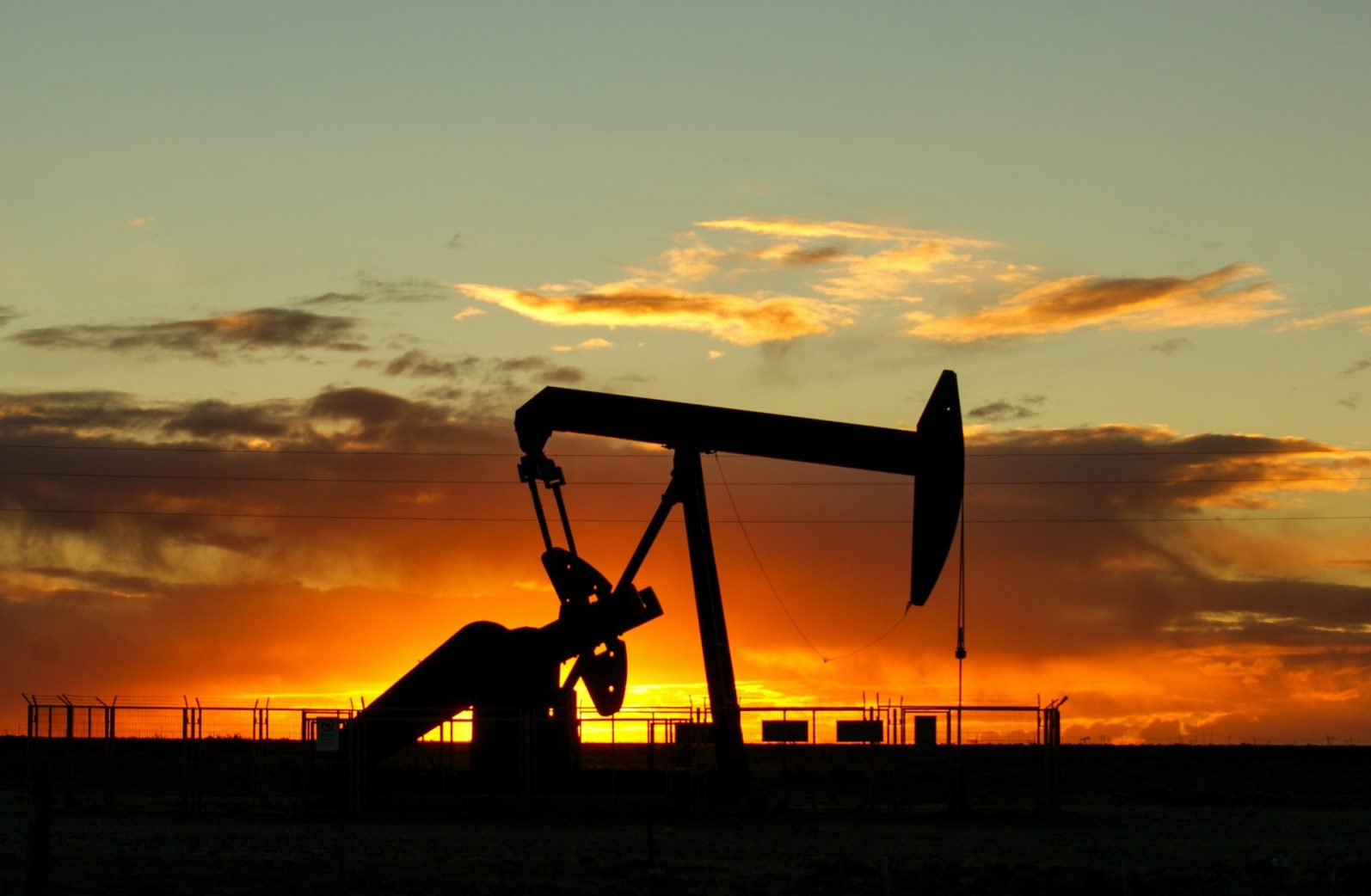
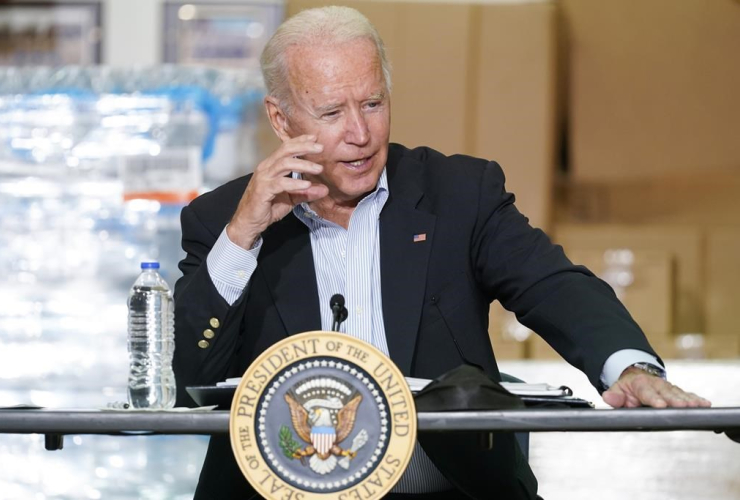
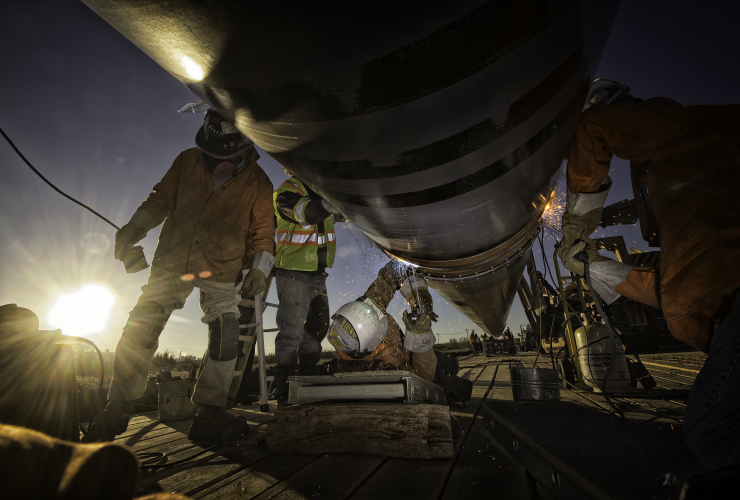
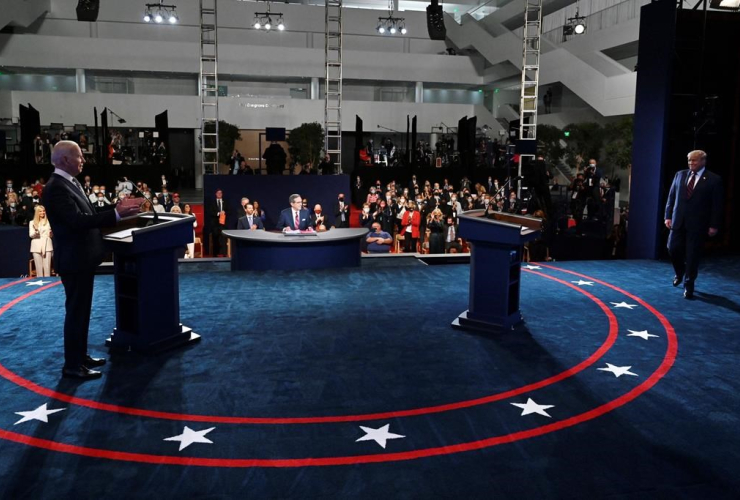
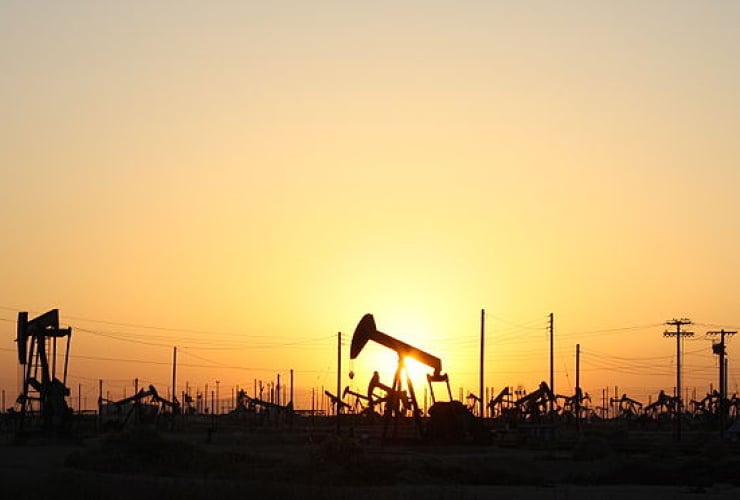
Comments